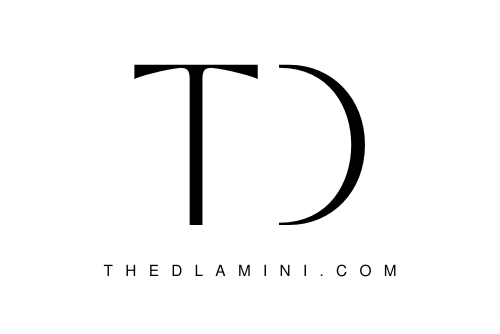Unit trusts are a great way to invest your hard-earned money. They can be used for short-term as well as long-term investments. The returns are usually higher than any other type of investment, but they do have their downsides such as the risk of loss and high management fees. However, these don’t matter if you have a long-term horizon (over 5 years).
Capital gains tax in Namibia
Although Namibia does not currently levy capital gains tax, the ideal medium to hold long-term investments is a unit trust. The main advantages of a unit trust include:
- Liquidity: Unit trusts are liquid and can be easily bought and sold without any penalties. This means that you can buy or sell units of the fund whenever you want, which makes them an optimal investment vehicle for both short-term investors and those looking to hold their money long term (more than five years).
- Safety: As part of their legal structure, all unit trusts have an independent chairperson who oversees the activities of the trustees in order to ensure maximum transparency and accountability. This protects your investment against fraud and unscrupulous behaviour by anyone involved with managing or administering your money.
Invest your hard-earned money in a unit trust.
Unit trusts are a great way to invest your hard-earned money, and not only that, but they’re also tax-free!
A unit trust is an investment vehicle that pools your funds together with other investors’ money. This is done to spread risk across multiple investments.
It’s important to note that unit trusts are not taxed because of their legal status as an investment company – it’s called a “funds manager”.
